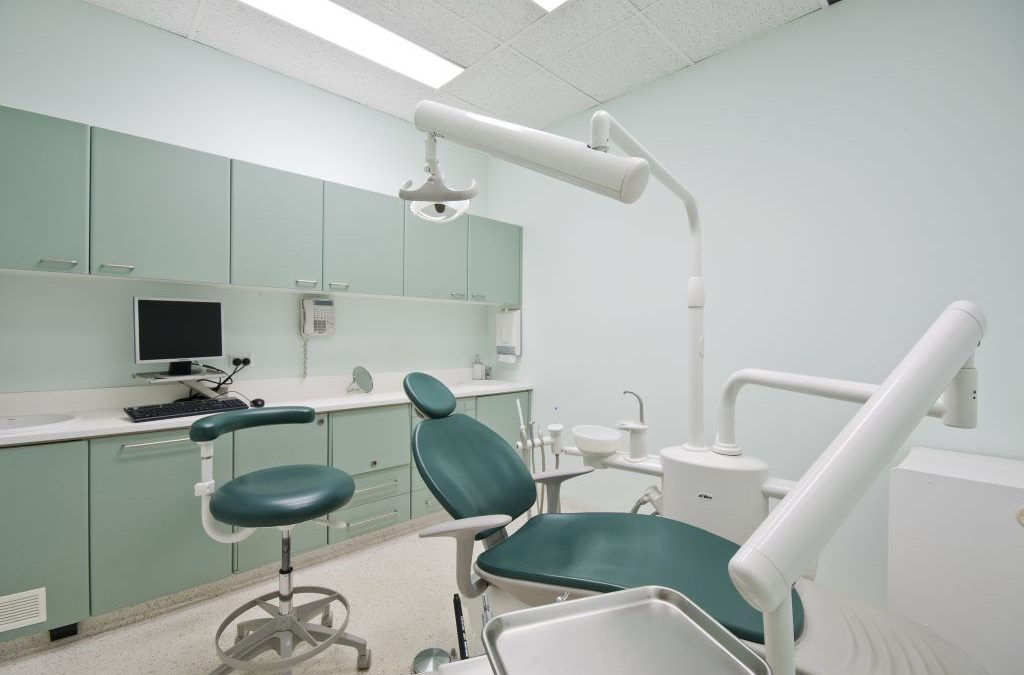Tooth sensitivity is probably the most inconvenient thing that can happen to your mouth. It prevents you from enjoying the foods and drinks that you love, and it can sometimes feel impossible to get rid of, especially if you’re unsure of where the problem comes from.
Many people don’t understand the underlying causes of tooth sensitivity, so it’s harder for them to identify what they are doing to create this annoying issue. This means that they spend more time being unable to enjoy their favourite foods and drinks.
For those who are suffering with pain caused by sensitive teeth, here are the six most popular causes of tooth sensitivity.
1. You’re Brushing Too Hard
One of the most common causes of sensitive teeth is brushing too vigorously. This is specifically a problem for younger children who haven’t learned how to properly hold a toothbrush, but it can carry on into adulthood in a lot of cases.
Over time, this hard brushing can wear down the protective layer of teeth, resulting in increased sensitivity.
The best solution to this problem is to check the bristles on your toothbrush. You should have a soft bristle toothbrush to prevent this from happening. Also, practice soft, circular movements with your brushing to prevent from harsh scrubbing that causes damage.
2. You’re Using Whitening Toothpaste
Everybody wants perfectly white teeth, but sensitivity often outweighs the benefits of having pearly whites.
The fact is, there are ingredients in these whitening toothpastes that may be doing more harm to your teeth than good.
Some people are more sensitive to the whitening agents used in the toothpastes than others, but if you’re experiencing sensitivity, you should switch over to a different kind of toothpaste for a while to see if that is what is causing your tooth sensitivity.
3. You’re Using too Much Mouthwash
Some people try to make up for sub-par brushing and flossing habits by using mouthwash everyday, but this is not always the best plan.
Much like whitening toothpaste, mouthwash can often have alcohol and other chemicals that make your teeth feel more sensitive.
Luckily, if you are diligent about your flossing and brushing habits, mouthwash is obsolete. So, you won’t have to worry about mouthwash as long as you keep up with your regular oral hygiene.
4. Your Tooth is Cracked
Sometimes, sensitivity is caused by something more serious than mouthwash, hard brushing, and whitening toothpaste. Another reason that your teeth may be feeling more sensitive is if one of your teeth is cracked.
The pain that comes with these cracks can sometimes be confused as sensitivity, but this are far more serious, so it’s important to see a dental professional like Dentrix Dental Care immediately.
5. You’ve Recently Had a Dental Procedure
It is very common to experience tooth sensitivity after a dental procedure.
Generally, these symptoms will go away on their own. See a doctor if they persist after a short time, but don’t fret if you find that your teeth are extra sensitive after procedures like root canals, extractions, or placement of crowns.
6. You Have Gum Disease
Receding gums are common when you enter old age, especially if you have not kept up with your oral hygiene. One of gum disease’s most obvious symptom is tooth sensitivity, so be on the lookout for unhealthy gums if you are experiencing this, as you will need to see a dentist to create a plan of action.
We all strive to keep up with our oral hygiene in a way that makes us feel happy and healthy. So when sensitivity hits, it can be difficult to pinpoint exactly what we have been doing wrong to create this painful experience.
If you find that your teeth are extra sensitive, these are some of the six most popular causes of an awful case of tooth sensitivity. Get in touch with us at Dentrix Dental to have your teeth sensitivity issue looked at today!

